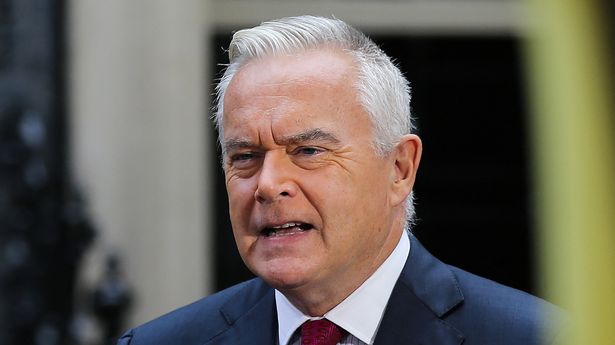Justice Fails – How a Lenient Sentence Betrays Our Children
The decision to suspend Huw Edwards’ sentence for soliciting child sexual abuse material is a national disgrace and a glaring failure of the justice system. It is unfathomable that a man who actively sought out and consumed such vile content could avoid prison, raising serious questions about the judgment and priorities of those in authority. The judge responsible for this decision should consider stepping down, as this ruling not only undermines the severity of the crime but also sends a dangerous message that the exploitation of children can be met with leniency.
This case is not an isolated incident. Every day, children around the world are subjected to horrific abuse, and when they muster the courage to speak out, they are often met with disbelief or blame. In England and Wales, 1 in 6 children have been sexually abused, and a third of all abuse reports involve child sexual abuse. Despite a 57% increase in reports of child sexual abuse to the police over the past five years, prosecution rates have more than halved, and conviction rates have dropped by over 45%. These figures highlight a systemic failure to protect the most vulnerable members of society and hold perpetrators accountable.
The judicial process often re-traumatises victims, many are strung along through lengthy legal proceedings, only to be told that their abusers will not face prosecution. This profound injustice leaves victims feeling abandoned and powerless, while predators like Huw Edwards and those who supply them with abusive material continue to live their lives unscathed.
The disparity in how justice is served is glaringly evident in cases involving individuals with fame and power. These individuals often escape the full consequences of their actions, shielded by their status and influence. This is a betrayal of public trust and a slap in the face to the victims whose lives have been irrevocably damaged by their actions.
It is imperative that we, as a society, demand better protection for our children and hold those in power accountable for their actions. The leniency shown in cases like Edwards’ is not just a failure of the justice system, it is a failure of society as a whole. We must advocate for stricter penalties for those who exploit and abuse children and ensure that the voices of victims are heard and validated. We must prioritise the safety and well-being of children, ensuring they have access to the resources needed to heal.
The untold suffering of children who endure abuse is a profound and pervasive issue that extends far beyond immediate physical harm. The psychological impact of such trauma can be devastating, often leaving deep emotional scars that persist into adulthood. Children who experience abuse frequently suffer from a range of mental health issues, including anxiety, depression, post-traumatic stress disorder (PTSD), and difficulties with trust and relationships. These children are forced to navigate a world that feels unsafe and unpredictable, often without the necessary support to heal and recover.
Globally, the burden of child abuse is immense, with millions of children suffering in silence. The World Health Organisation reports that abused children are at a significantly higher risk of developing mental health disorders, engaging in risky behaviours, and experiencing chronic health conditions later in life. The trauma of abuse is not just a personal tragedy, it is a public health crisis that demands urgent attention and action.
Organisations dedicated to preventing child abuse and supporting survivors work tirelessly to address this crisis, their efforts are often hampered by a lack of resources and societal indifference. When high-profile cases like that of Huw Edwards result in lenient sentences, it undermines the work of these organisations and sends a message that the suffering of victims is not taken seriously.
The leniency shown in Edwards’ sentencing is a disservice to the victims and a failure of the justice system to adequately protect children. It reflects a broader societal issue where the mental health and well-being of victims are often overshadowed by considerations for the perpetrator. This imbalance must be addressed to ensure that justice is truly served and that victims receive the support and validation they deserve.
The trauma of child abuse is a lifelong burden that requires comprehensive and compassionate intervention. Society must prioritise the mental health and recovery of victims, ensuring they have access to the resources needed to heal. We must also hold perpetrators accountable, sending a clear message that the exploitation and abuse of children will not be tolerated. Only through collective action and unwavering commitment can we hope to create a safer world for all children.
If you have experienced any form of abuse please visit our website HERE for supports and help.







